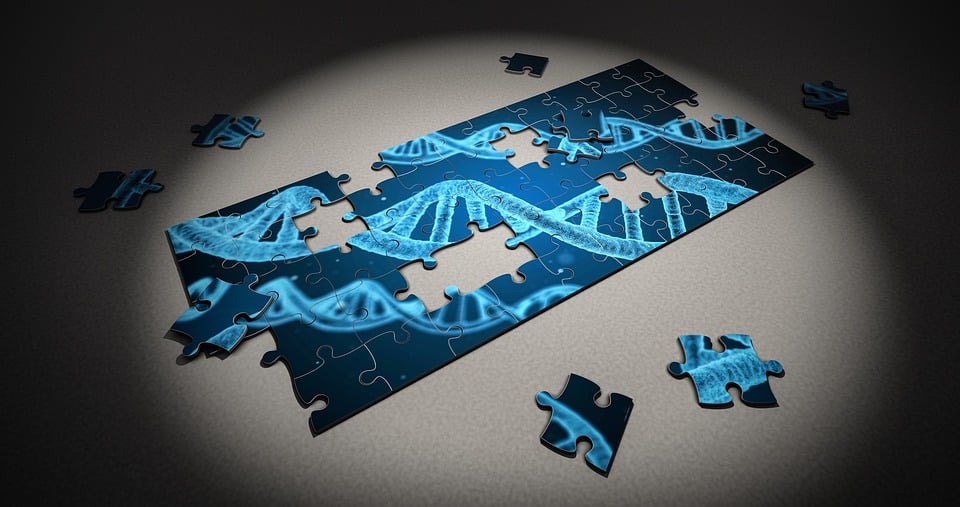
(Barcelona, Spain, September 9, 2025, 10:15 a.m. CEST) — A groundbreaking study unveiled at the International Association for the Study of Lung Cancer 2025 World Conference on Lung Cancer (WCLC) suggests that circulating tumor DNA (ctDNA) could significantly enhance the personalization of immunotherapy for patients with limited-stage small cell lung cancer (LS-SCLC). This research marks a pivotal advancement in the treatment landscape of this aggressive cancer type.
The study, spearheaded by the National Cancer Center of China, focused on 177 patients with LS-SCLC who underwent chemoradiotherapy (CCRT). Among these, 77 patients received additional treatment with consolidation immune checkpoint inhibitors (ICIs). Researchers meticulously measured ctDNA at various stages to assess its potential in predicting survival outcomes and the effectiveness of immunotherapy.
Revolutionizing Cancer Treatment with ctDNA
Dr. Nan Bi from the Chinese Academy of Medical Sciences highlighted the significance of this study, stating, “This is the first study to show that early ctDNA detection after induction chemotherapy can help identify patients who are more likely to benefit from consolidation immunotherapy. It’s a step toward precision immunotherapy in limited-stage SCLC.”
Key Findings:
- Consolidation ICI improved overall survival compared to CCRT alone (HR: 0.41; p = 0.031).
- Patients who were ctDNA-positive post-induction had significantly better progression-free survival (PFS) and overall survival (OS) with ICI compared to CCRT alone.
- ctDNA-negative patients did not show added benefit from ICI.
- Maintaining ctDNA negativity during immunotherapy correlated with a better prognosis.
- ctDNA at post-induction (t1) was more predictive of treatment response than ctDNA post-radiotherapy (t2).
The research employed next-generation sequencing (NGS) with a comprehensive 139-gene lung cancer panel, analyzing ctDNA at an ultra-deep coverage of 30,000×. Advanced statistical models, including time-dependent Cox regression, were utilized to mitigate immortal time bias, ensuring the robustness of the findings.
Implications for Future Cancer Treatments
The implications of these findings are profound. As Dr. Bi noted, “These findings offer a compelling rationale for integrating ctDNA-based stratification in future LS-SCLC trials and may help guide real-time decisions on the use of consolidation ICIs.”
The potential to tailor cancer treatment based on ctDNA analysis could lead to more effective and personalized therapies, minimizing unnecessary exposure to treatments unlikely to benefit certain patient groups. This approach aligns with the broader trend in oncology towards precision medicine, where treatments are increasingly customized to the genetic profile of individual tumors.
Historical Context and Future Directions
Historically, small cell lung cancer has been notoriously challenging to treat, with limited options available for patients in the limited-stage category. The introduction of immunotherapy marked a significant advancement, yet the challenge has remained to identify which patients would derive the most benefit. The use of ctDNA as a biomarker could be the key to unlocking more successful outcomes.
Looking forward, the integration of ctDNA monitoring in clinical practice could revolutionize how oncologists approach treatment decisions. It offers a non-invasive, real-time method to assess treatment efficacy and adjust strategies accordingly. As research continues to evolve, the hope is that these advancements will lead to improved survival rates and quality of life for patients battling LS-SCLC.
The announcement comes as the medical community increasingly emphasizes the importance of personalized medicine. As more studies corroborate these findings, the role of ctDNA in cancer treatment protocols is likely to expand, potentially setting a new standard of care for small cell lung cancer and beyond.
For now, the study presented at the WCLC 2025 conference represents a promising leap forward in the ongoing battle against one of the most aggressive forms of lung cancer. As researchers continue to explore the full potential of ctDNA in guiding treatment decisions, patients and clinicians alike have reason to be optimistic about the future of cancer care.






